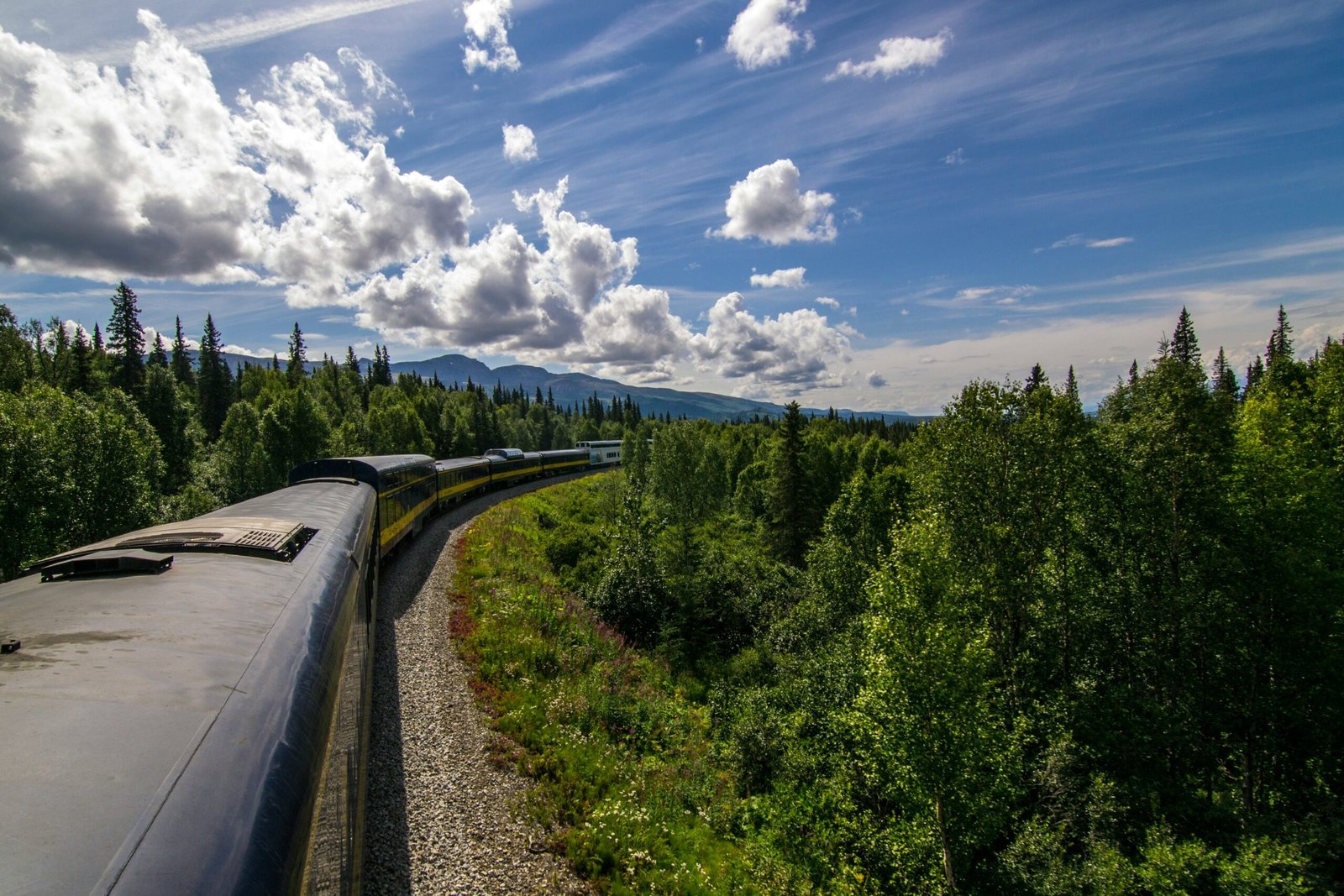
How Pipeline and Utility Transport Businesses Can Stay Protected with Insurance
How Pipeline and Utility Transport Businesses Can Stay Protected with Insurance
Pipeline and utility transport businesses play a critical role in maintaining infrastructure across California and the United States. From moving essential piping, transformers, and utility equipment to supporting large-scale construction projects, these businesses operate in high-risk environments where equipment is valuable and safety is paramount. The specialized nature of this industry makes insurance a crucial tool for protecting assets, employees, and clients.
This article explores the types of risks pipeline and utility transport businesses face, the insurance coverages that best mitigate those risks, and how comprehensive protection ensures operational continuity and regulatory compliance.
Unique Risks in Pipeline and Utility Transport
Transporting pipeline and utility equipment is not like standard freight moving. Companies face several high-stakes risks:
High-Value Equipment – Materials like steel pipes, transformers, and specialized machinery are costly and often irreplaceable.
Operational Hazards – Moving oversized or heavy equipment increases the risk of accidents during loading, transit, and unloading.
Environmental Exposure – Equipment can be exposed to harsh weather conditions, which may cause damage or delay projects.
Third-Party Liability – Accidents or property damage on public roads or client sites can lead to expensive claims.
Regulatory Compliance – Federal, state, and local regulations require careful adherence to safety standards and insurance coverage.
Given these challenges, insurance is not merely optional—it is essential for protecting the business from financial and operational risks.
Essential Insurance Coverages for Pipeline and Utility Transport
Commercial Auto Insurance
Commercial auto insurance is a necessity for businesses transporting heavy equipment and materials. This coverage protects vehicles used for hauling against accidents, collisions, theft, or vandalism. It also provides liability coverage for injuries or damages caused by vehicles in operation.
For businesses that rely on trucks, trailers, or specialized transport vehicles, commercial auto insurance ensures compliance with state laws while protecting both assets and third parties.
Cargo / Inland Marine Insurance
Given the high value of equipment transported, cargo or inland marine insurance is critical. This policy covers losses resulting from:
Accidental damage during transport.
Theft or vandalism while en route or at temporary storage locations.
Environmental or handling damage to sensitive equipment.
Cargo insurance provides peace of mind to both the business and its clients, ensuring that valuable pipeline and utility assets are financially protected.
General Liability Insurance
General liability insurance protects against claims arising from third-party bodily injury or property damage unrelated to vehicle operations. Examples include:
A worker unintentionally damages a client’s property during equipment delivery.
A third party is injured on-site due to operational mishaps.
Learn more at General Liability Insurance California
Pipeline and utility transport involves manual labor, heavy equipment handling, and on-site hazards. California law requires employers with one or more employees to carry workers’ compensation insurance, which covers medical expenses, rehabilitation, and lost wages in case of employee injury.
This coverage not only protects workers but also shields the business from costly lawsuits related to workplace injuries.
Business Owners Policy (BOP)
A Business Owners Policy (BOP) can be a cost-effective option for small to mid-sized transport companies. It combines property and liability coverage into a single policy, providing protection for office facilities, warehouses, and on-site operations. A BOP may also include optional add-ons like business interruption coverage, which compensates for lost income in the event of a covered disaster.
Optional Coverages
Depending on the size and scope of operations, pipeline and utility transport businesses may consider additional coverages:
Environmental Liability Insurance – Protects against claims arising from pollution, spills, or other environmental hazards during transport.
Equipment Breakdown Insurance – Covers repair or replacement of essential transport machinery.
Umbrella Insurance – Provides additional liability limits beyond the standard policies, ideal for high-value projects or large-scale transport operations.
Benefits of Comprehensive Insurance
Financial Security – Protects the business against costly claims, damages, or operational interruptions.
Client Confidence – Demonstrates professionalism, making it easier to secure contracts with utility companies, municipalities, and construction firms.
Regulatory Compliance – Ensures adherence to California and federal safety regulations.
Operational Continuity – Insurance coverage allows businesses to continue operations even after accidents or equipment loss.
Reputation Management – A well-insured company builds credibility, which is vital in a high-stakes industry where trust is essential.
Real-World Examples
Equipment Damage During Transit – A trailer carrying high-value steel pipes is involved in a traffic accident. Cargo insurance covers repairs or replacement, protecting both the business and its client.
On-Site Property Damage – A crane used to unload a transformer accidentally damages a client’s property. General liability insurance ensures repair costs are covered.
Employee Injury – A worker sustains an injury while securing heavy pipeline segments. Workers’ compensation insurance provides medical coverage and wage replacement.
These examples illustrate how comprehensive insurance plans safeguard both the business and its stakeholders from financial and operational risks.
Final Thoughts
For pipeline and utility transport businesses in California and across the USA, comprehensive insurance is critical. Coverage including commercial auto, cargo, general liability, workers’ compensation, and optional BOP or environmental policies protects equipment, employees, and clients, while supporting regulatory compliance and operational continuity.
To explore tailored insurance solutions for your transport business, visit Western Insurance
BLOG
Related Articles


The Future of Insurance for Movers: Trends to Watch in California

